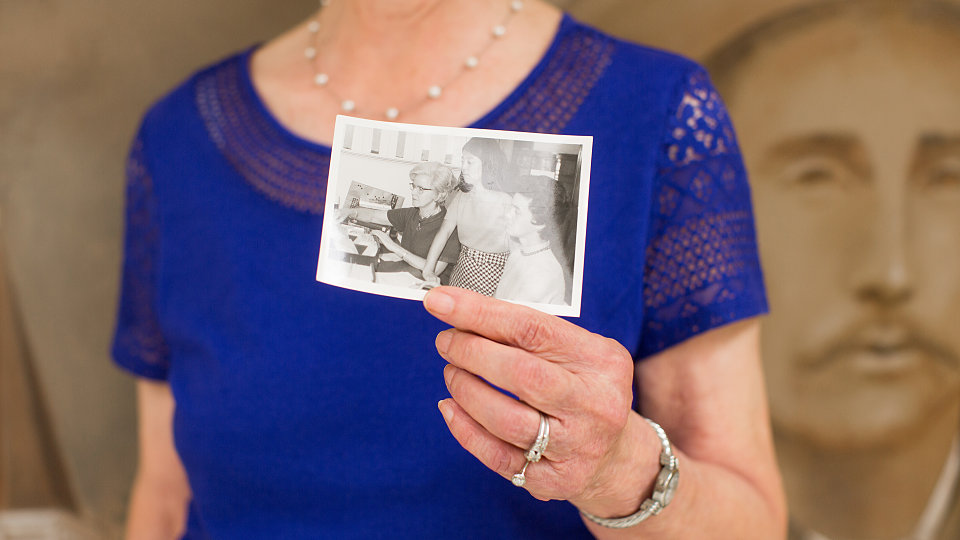How to grieve the loss of a loved one
How do you grieve the loss of a loved one? Or really, how do you grieve in general?
Part of life and part of growing older is losing the people we love. When we talk about grief, however, we can do ourselves a disservice by limiting discussion to those experiencing the death of a loved one. Grief applies to those experiencing any kind of loss or change. Memory loss, degenerative health, a move across the state—all these can and do cause grief.
New Parkway Place residents like Joan Haggard came to the Houston senior living community after losing everything to Hurricane Harvey. Now, they must adjust and rebuild the safety nets they lost. Longview author Dorothy Horne recently moved her husband into memory care at Buckner Westminster Place. She still sees him nearly every day, but has to adjust to their marriage in a different context.
So, whether it’s the loss of a home, the loss of a loved one, or just a changing season, how do you handle grief?
1. Give yourself time.
Don’t expect your heart or head to process the change as soon as it happens. The change will likely come and go before you’ve had time to go through even step one of the five stages of grief. Give yourself grace and know every day might look different.
2. Seek support.
Don’t grieve in isolation. You were never meant to walk through change alone. Be honest with the people close to you about the grief you’re experiencing and ask for their support. People want to help but often don’t know how. Tell them what you need and, just as important, what you don’t need.
3. Do what you love.
Particularly when grieving the loss of a loved one, we may feel guilty for doing the things we love or returning to routine. However, it’s okay to feel joy just as much as it’s okay to feel grief. Take care of yourself so you can enjoy the life still present around you.
4. Help others.
Helping others with their grief can often be a healing way to process your own. When you’re ready, consider attending a support group or sharing your experiences through a blog. All hospice agencies also provide a year of bereavement after a loved one has passed, so take advantage of the resources available around you.
5. Journal.
Personal journaling can be one of the most beneficial things for the healing process. It's a safe way to express the different emotions you may be feeling, and also provides a way to reflect on your grief journey in years to come.
Even a list like this of ways to cope with grief can feel insincere, out of touch, and too easy. But it’s by reaching out to others and learning from our different experiences that we can grow. As Jesus invites in Matthew 11:28, “Come to me all you who are weary and burdened and I will give you rest.”




Add a Comment